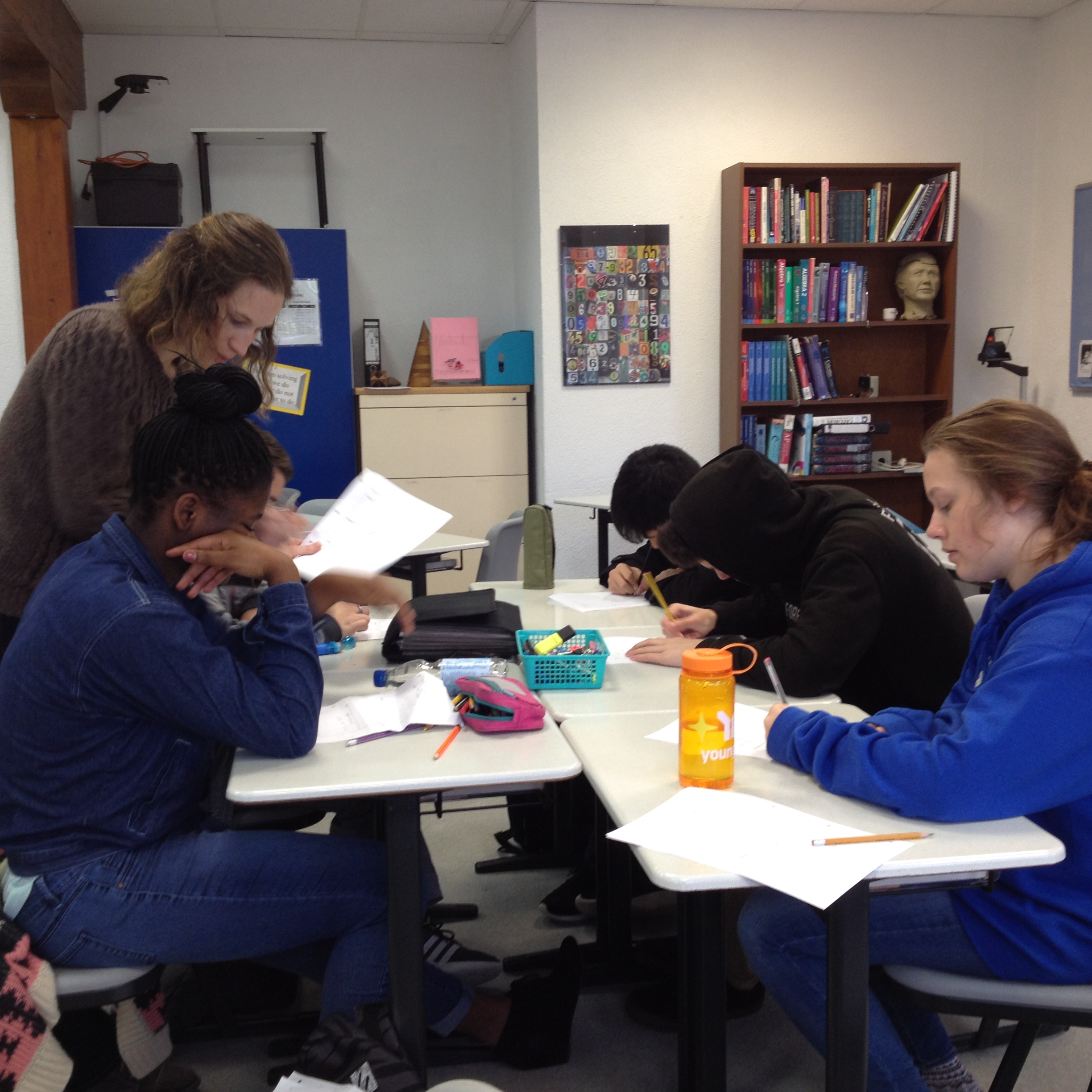Transformational Education from a Distance
Lesson plans shape how your students learn, and while sliced up differently, the approaches to planning are often similar. For years, a favourite approach of mine was this:
- Students: Know your learners. Consider previous learning, abilities, disabilities, culture, attitudes, etc.
- Outcomes: What are you trying to have the learner know (cognitive), feel (affective), and do (psychomotor)?
- Methods: How will you take these learners from where they are to where they need to be (learning outcomes)? Methods are not the end; they are the creative tools to get there.
- Assess: Did your learners achieve the outcomes? Use summative assessment, yes, but more important for learning is formative assessment: minute by minute, are they getting it? And how do you adjust?
I encouraged my teachers to use this approach. We built planning around it and had success.
A Missing Part
But something was missing. The essential part for powerful, wholistic transformational education.
The part that makes what you do different than most classes in the world, online
or in person.
You could say that biblical integration is missing. However, if you are weaving biblical truth into these steps it might not be missing. But biblical integration does not equal transformational education. TeachBeyond transformational education goes beyond.
You might say that God is missing. However, you can teach about God in this approach. He does not have to be missing. But just teaching about God is not transformational education.
I have heard teachers say that the piece missing is “heart.” This is a good answer. After all, when we do transformational education, we aim at the inside first, before outside behaviours.
But what brings “heart” into it? What makes transformational education work?
The missing part in this plan: you.
You see, transformational education is about life. It is about changed, transformed lives. It is about bringing together you, the learner, the Holy Spirit, and God’s Word—all alive—and watching God “cause the growth.”
Transformational education is life on life, placing a transformed teacher in touch with a learner. You are the “living curriculum” that God uses. Excellent educational environments, one of our pillars of transformational education, brings this life together. It makes education about life in the subjects and in hearts. You are essential.
The Challenge of Online Learning
A teacher who walks into a physical classroom cannot help touching lives, for good or for bad. Students watch hour after hour. The teacher’s life becomes a book read by learners. Good transformational educators bring themselves into class. Their love for God, lived out, impresses learners. Their unconditional love for students, shown in action, reaches hearts. Their love for their subject, the gift they give, shows in a passion that draws students into learning.
Good transformational educators bring themselves into class. Their love for God, lived out, impresses learners. Their unconditional love for students, shown in action, reaches hearts. Their love for their subject, the gift they give, shows in a passion that draws students into learning.
But, in an online class a teacher can hide behind the screen and present a relatively sterile lesson. It is possible to go through the steps, achieve curricular goals, and barely bring yourself into the class.
The challenge of online learning is to bring yourself, your whole self, transformed by the Holy Spirit, into your class. Here are some ideas that I have heard from great online, transformational teachers:
- See your class as your space, your home. Make it unique and personal as you invite students into “your online home.”
- Love, above all love. Ask yourself, how will I show love today? For God, for the learners, and for the gift you give them (your subject).
- Know individuals. Get to know each learner. Have side notes or meetings. Treat each one as a whole, living person with interests and needs. Pray for individuals.
- Show heart. Show your changed heart. Talk openly with learners about heart. Be real. Show your “inside.”
- Plan engagement. Make space for active learner engagement. In the online world, everyone is starved for interaction. Use online groups, discussions, art, side chats. Help learners speak and connect.
- Take care of yourself. “Zoom fatigue” is real. You need to care for your needs and not just keep plowing ahead. Take time to know that God is God and enjoy God’s goodness, even in lockdown.
- Give yourself permission. Know that you not only have permission to bring “you” into class, but if you want to transform lives, you must.
- Focus on the big things. Never forget that while students need to know nouns and verbs or equations, the more basic need is to know God and how life is lived with Him. Keep those in front of you.
You are probably thinking of other ways now. Talk with colleagues about what they do and keep the idea of bringing yourself into your class alive.
After I realised that I was missing the key to transformational education, I put this step between “students” and “outcomes” above: Teacher: What flows from your life and heart?
Transformational education needs you to be there. As God changes you, may your learners see Him and be transformed by His grace.
Joe Neff, Th.M.
Coordinating Director of Education Services
TeachBeyond Global
Photo Credits: Missing Piece via PowerPoint. Teacher Connection via Shutterstock.






